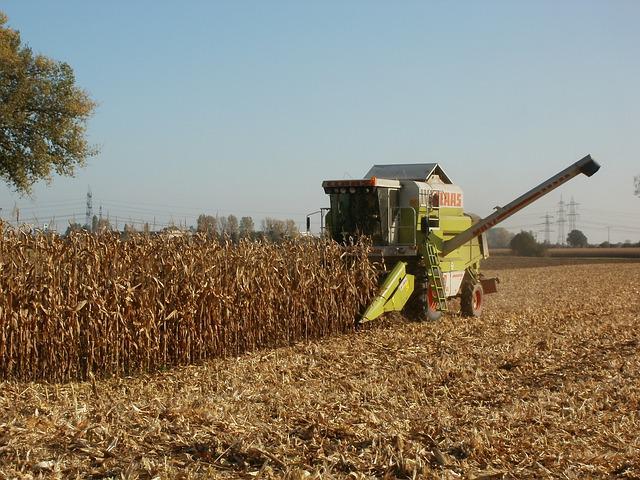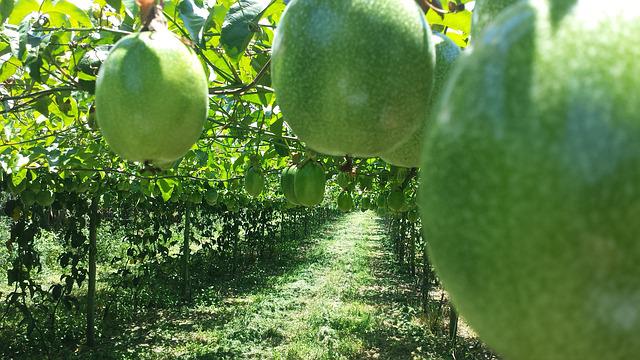
Agronomy is the set of techniques and knowledge that contribute to the development of crops.
Agronomy is the knowledge and techniques that allow the development of crops . It is a discipline that, based on data from different sciences, contributes to the exploitation of livestock and agriculture .
The purpose of agronomy is to optimize the processes that make it possible to obtain and transform agricultural products . To this end, it is dedicated to analyzing different issues linked to biology , chemistry, physics, sociology and economics that, in one way or another, affect the different production processes.
Another name by which agronomy is known is agronomic engineering , which can also be used to name the career studied at the faculty. Although interest in this knowledge can arise in people of any origin, it is common for people who are born and raised in the countryside to choose this path to be able to inherit the family business and continue to grow it with the most relevant techniques and resources.
Object of study and usefulness of agronomy
It is often said that agronomy studies agroecosystems : models of human intervention on nature to obtain raw materials. This work of man involves the application of theoretical knowledge and technology to meet its objectives.
Specialists in agronomy are known as agronomists . Among its tasks are increasing soil productivity, improving plant characteristics and promoting livestock breeding. Although planet Earth was perfect before our arrival, we have exploited its resources to such an extent that it seems not to be enough. If human beings controlled their birth rate to avoid overpopulation, as all other species do, it would not be necessary to apply artificial treatments to the soil to carry out the tasks of agriculture.

Agronomy studies issues linked to chemistry, biology and other sciences.
Differences between applied sciences and formal sciences
There is an essential relationship between science and agronomy. Before continuing, it is necessary to establish the difference between applied and formal sciences : the former encompass all applications of scientific knowledge with the aim of finding solutions to practical problems, based on as many areas as necessary; Formal sciences, for their part, are dedicated to the study of mathematical and logical processes through the deductive method, that is, to everything that is not part of the natural and tangible world.
Taking this distinction into account, it is easy to understand that livestock and agriculture are applied sciences, since they can be carried out through the use of concepts belonging to various sciences. Agronomy encompasses all this knowledge, necessary for the production of goods based on resources found in nature or created by human beings themselves.
The exponential growth that has taken place in agricultural activities in recent decades makes the use of technology increasingly necessary to address problems such as the large volumes of production demanded by the market, but also to promote greater care of the health of the workers: work in the field is very hard, both due to the physical efforts and the length of the days, and that is why specialized machinery is so beneficial.
The Agronomy neighborhood
In the City of Buenos Aires ( Argentina ), Agronomía is the name of a neighborhood . Its name is due to the fact that the headquarters of the Faculty of Agronomy and Veterinary Medicine of the University of Buenos Aires is located on its surface area of just over two square kilometers.
About 14,000 people live in Agronomy . One of the main characteristics of the neighborhood is that it houses the facilities of various sports entities, highlighting the presence of the Communications Club . The writer Julio Cortázar (1914-1984), for his part, lived in Agronomía and today a street remembers him with his name.
